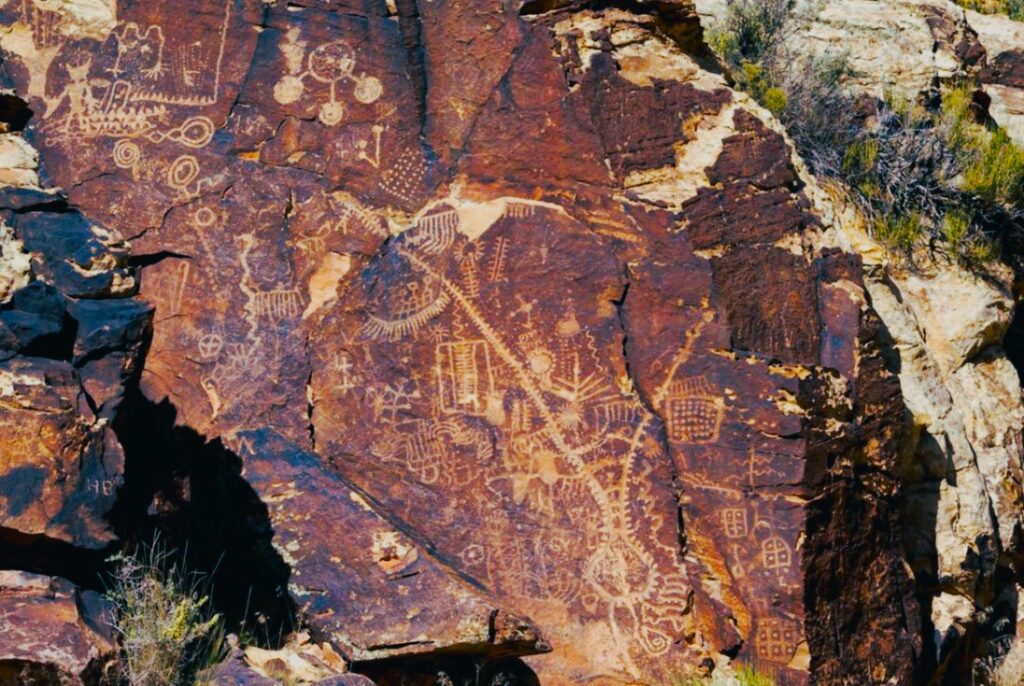The Interior Department marked its 172nd anniversary two years ago by recommitting itself to science-based decision-making, instructing its employees to follow the best available science at every turn. It was intended to realign agency procedures with the Data Quality Act of 2000, which set scientific information quality, integrity, and reproducibility standards for information disseminated by federal agencies.
The 2021 secretarial order, said a top official, “Puts the evaluation and decision-making authority regarding scientific information back where it should be: in the hands of the scientists.” She explained, “Science is at the heart of Interior’s mission, from protecting endangered species to conducting environmental assessments for energy projects.” So, how did the Department evolve, in just two years, from insisting that decisions be left to scientists, to now recommending that decision-makers consider knowledge handed down from spirits?
For real. The Interior Department recently hosted an ‘Indigenous Knowledge’ Seminar that warned scientists about “disrespecting” knowledge from “spirits,” captured on video and reported by the Washington Free Beacon. This new emphasis on “indigenous knowledge” originated in a 46-page memo from the White House Office of Science and Technology Policy, of all places.
The memo instructed dozens of federal agencies to adopt “Indigenous Knowledge” for “research, policies, and decision making.” Political correctness has its place, but does that include supplanting the Department’s own priority for science-based decisions? Interior Secretary Deb Haaland, the first Native American cabinet secretary, says, “Certainly, in this time of climate change bearing down upon us, that indigenous knowledge about our natural world will be extremely valuable and important to all of us.”

The memo’s specific language is bewildering. “The federal government recognizes the valuable contributions of the Indigenous Knowledge that Tribal Nations and Indigenous Peoples have gained and passed down from generation to generation and the critical importance of ensuring that the Federal departments and agencies’ consideration and inclusion of Indigenous Knowledge is guided by respect for the sovereignty and self-determination of Tribal Nations…”
I don’t know anyone who questions the sovereignty or self-determination right of tribal nations. But what does that have to do with basing government decisions on their “knowledge?” It may not be wise to ask. One commentator is getting lots of grief for demeaning the native tribes by writing about their history: Indians migrated to North America across the Bearing Strait during the Stone Age, without the knowledge gained from the “cradle of civilization” in the Middle East, before the ancient civilizations of Macedonia, Greece, Rome, or China – before agriculture.
They had no written language and had not yet invented the wheel when European colonists arrived. “They lived brutal short lives under the most primitive, tribalist conditions,” he wrote, noting the average life expectancy was about 40. You can see why that writer is not being invited to parties in Washington.
Economist and political philosopher F.A. Hayek wrote in 1991 about America’s growing obsession with Native American traditions. “The idyllic image of happy primitives who enjoy their rural poverty and will gladly forego the development that alone can give many of them access to what they have come to regard as the benefits of civilization is based on fantasy.” He would not be allowed anywhere near the Interior Department today.
Haaland says, “Indian tribes have been on this continent for millennia, for tens of thousands of years; They know how to take care of the land.” But what lessons, exactly, should she learn from their generations of knowledge? The native tribes never designated wilderness areas, did not acknowledge endangered species, critical habitat, parks, monuments, conservation areas, wild and scenic rivers, scenic corridors, historic trails, backcountry byways, or wildlife preserves. They did not manage dams, reservoirs, power plants, mines, gas wells, pipelines, city streets or rural roads.
Those are Haaland’s responsibilities, and she is required to base decisions on science. But a speaker at her seminar warned instead about ignoring generational tribal lore. “When you ask for knowledge and you take it and use it in a way that you didn’t intend or you misuse it, you’re not only disrespecting that individual that you sought that knowledge from; you’re disrespecting the teachers that they obtained the knowledge from. You’re disrespecting those spirits that may have brought that knowledge to them through a dream.”
Like most people, I am fascinated by Native American history and traditions. There is much to admire about those people, several of whom are among my own ancestors. But we should not confuse that admiration with science. Most Native Americans today certainly would not do so.





